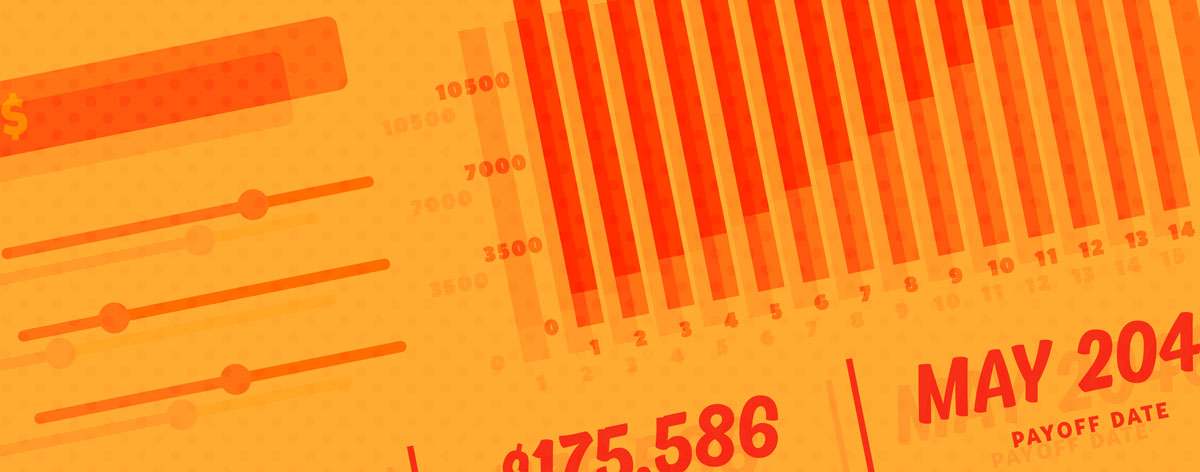

Making Alternative Investments
Commodities
Commodities are raw materials used to create goods. The most common types of commodities include energy products (oil, gas, coal, etc.), metals (gold, silver, copper, etc.), and agricultural products (grains, livestock, etc.). Commodities that are grown or cared for, such as agricultural products, are sometimes referred to as “soft” commodities, while those that are mined or extracted are called “hard” commodities.
Investing in commodities is often a way to protect against inflation, as they generally go up in value when inflation is high. Some of the most common ways to invest in commodities include futures contracts and investments sold on the stock market, like Exchange-Traded Funds (ETFs) and Exchange-Traded Commodities (ETCs). With both, you buy and sell like regular shares.
Precious Metals
Precious metals are high-value metals like gold, silver, or platinum. These can be purchased as a commodity, where you’re mainly investing in the metals industry, or purchased physically via coins, bars, or jewelry. Of course, physically owning your investments comes with challenges, such as storage and protection, but with benefits as well. Many people find it comforting to know they can access their investments directly, rather than relying on a number on a screen.
Land and Property
Many people treat buying a home as an investment, as it’s likely to grow in value and eventually sell for a profit. If you’re looking to invest beyond your own home, consider getting a rental property. Ideally, you’ll find tenants to cover the cost of the mortgage and then some, generating so-called “passive” income. Of course, you’ll need to find a tenant and maintain the property, or pay a third-party to do it for you. This form of property investment can also require a high initial cost, as buying a second (or third, or fourth) home comes with a big price tag.
Another option is to buy an older, out-of-date, or otherwise inexpensive home and “flip” or renovate it, then sell it for a much higher price. This requires a lot of time and money, and there’s no guaranteed sale or profit, which makes it quite risky. Of course, if it works out, the payout can also be worthwhile.
Beyond purchasing physical property, you could invest in a Real Estate Investment Trust (REIT) or other investment vehicle that pools your money with other investors. This is a way to buy or rent property without managing it yourself.
Other options for investing in land or property include commercial land, recreational land, and land for various types of crops or livestock, but these tend to make the most sense for very high-value investors.
Art and Collectibles
When most people picture collecting art, they think of expensive art by well-known artists bought and sold for hundreds of thousands of dollars. That’s an investing path that really only makes sense for the ultra-wealthy. But there are other ways for the average person to invest in art and collectibles—from baseball cards to celebrity memorabilia to vintage decor.
Buying art and collectibles strictly for the purpose of selling them to make money is extremely risky. Unlike more steady goods like gold or silver, the value of art and collectibles rises and falls based on trends and general perception. This makes it difficult to predict what will grow in (or even maintain) value. It often makes more sense to collect what has value to you, regardless of its monetary value. Then, if you end up selling it for a profit, it’s a happy bonus.
If you decide to dive into the world of art and collectibles, consider your interests or niche knowledge. Building your collection into something with any real monetary value requires research and careful investigation. And remember that an online listing price doesn’t mean that’s what an item is actually worth or what you’ll be able to sell it for. Art and collectibles often require finding just the right private buyer to get the best price. You may be able to go through a shop or broker, but that means paying middleman mark-ups.
Cryptocurrency
Cryptocurrency like Bitcoin or Ethereum are a current trend in alternative investments. While they offer an easily accessible form of alternative investment for many people, they’re also high-risk. Crypto is volatile, and the prices fluctuate wildly. You may hear the occasional story of someone making their fortune via cryptocurrency, but that’s far from the average person’s experience. Similarly, with the speed that cryptocurrency is evolving, there’s a high risk for scams or sites that don’t offer adequate data protection. If you invest in cryptocurrency, research thoroughly before taking the plunge.
Ultimately, an alternative investment may be the right addition to diversify other stocks, bonds, and funds in your portfolio. But these are not set-it-and-forget it opportunities. These investments demand that you’re an active, informed investor. When it comes to alternative investments, never invest more than you’re willing to lose, and be willing to put in the work as you wait to see if your gamble paid off.
Neither Banzai nor its sponsoring partners make any warranties or representations as to the accuracy, applicability, completeness, or suitability for any particular purpose of the information contained herein. Banzai and its sponsoring partners expressly disclaim any liability arising from the use or misuse of these materials and, by visiting this site, you agree to release Banzai and its sponsoring partners from any such liability. Do not rely upon the information provided in this content when making decisions regarding financial or legal matters without first consulting with a qualified, licensed professional.
